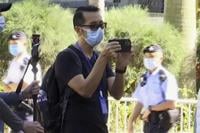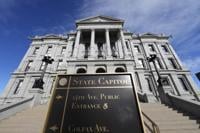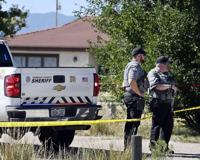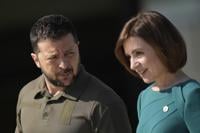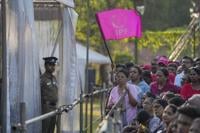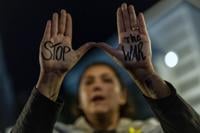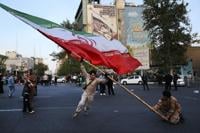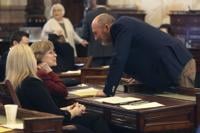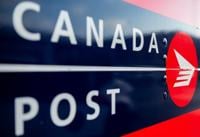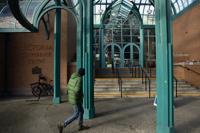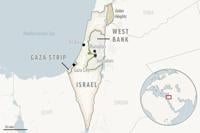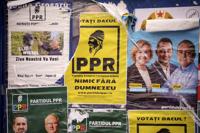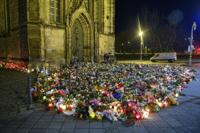CARACAS, Venezuela (AP) — Venezuela's government, its allies and other groups announced a proposal Wednesday on when to hold this year's presidential election, suggesting more than 20 potential dates ranging from as soon as mid-April through early December.
The proposal will be presented over the next few days to Venezuela's governing party-loyal ��ɫtv Electoral Council, whose members will choose the date. Should they pick a date before July 1, the government would be in violation of an agreement with a faction of the opposition that was signed in October and called for the vote to take place in the second half of the year.
Wednesday's proposal, which was drafted throughout February, does not mention any possible actions regarding the participation of candidates banned by the government from running for office, including President Nicolás Maduro's strongest adversary this year, Maria Corina Machado. Machado won the primary held last year by the opposition faction known as the Unitary Platform and backed by the United States.
The signed version of the proposal also calls for extending invitations to “technical missions” of national and international electoral observers as long as they “comply with strict respect for the Constitution, the law and applicable legal norms.” This electoral condition was included in the agreement signed in October on the Caribbean island of Barbados.
A draft of the proposal put forth the creation of “a financial support scheme” for political parties and candidates, but the signed document did not include it.
The Unitary Platform did not participate in any of the meetings to write the proposal held in the ��ɫtv Assembly, which were attended by representatives of the government and various political, social and religious organizations.
The opposition faction did, however, meet last week with Maduro’s representatives with whom it has held negotiations since 2021 under the guidance of Norwegian diplomats.
Gerardo Blyde, chief negotiator for Unitary Platform, told reporters last week his faction presented his negotiating counterpart, ��ɫtv Assembly leader Jorge Rodríguez, and Norwegian diplomats two documents listing multiple violations of the Barbados agreement and acts of repression.
Machado on Monday said she was not invited to participate in meetings that led to the agreement.
Rodriguez told reporters Wednesday that “more than 27 dates were proposed” during the meetings, and so that each and everyone involved “feels cared for in their proposals, all of them were incorporated in the document that will be delivered to the ��ɫtv Electoral Council.” But a copy of the signed document released by the ��ɫtv Assembly lists only 25 dates.
The document, which Rodriguez said will be presented to the ��ɫtv Electoral Council as early as Friday, urges electoral authorities to announce a date no later than March 31.
Under the Barbados deal, Maduro and the opposition agreed to work on basic conditions for a fair election, hold the contest in the second half of 2024, invite electoral observers and create a process for aspiring presidential candidates to appeal bans keeping them from running for office. The agreement earned Maduro’s government some sanctions relief in the oil, gas and mining sectors.
But the U.S. government pulled back part of the sanctions relief in January, after the South American country’s highest court blocked Machado’s presidential candidacy.
“In my view, this agreement is the maturing of the Barbados agreement and replaces it,” Rodriguez said. “In other words, the Barbados agreement is a sub-set of this set of this agreement that is much broader, much larger.”






